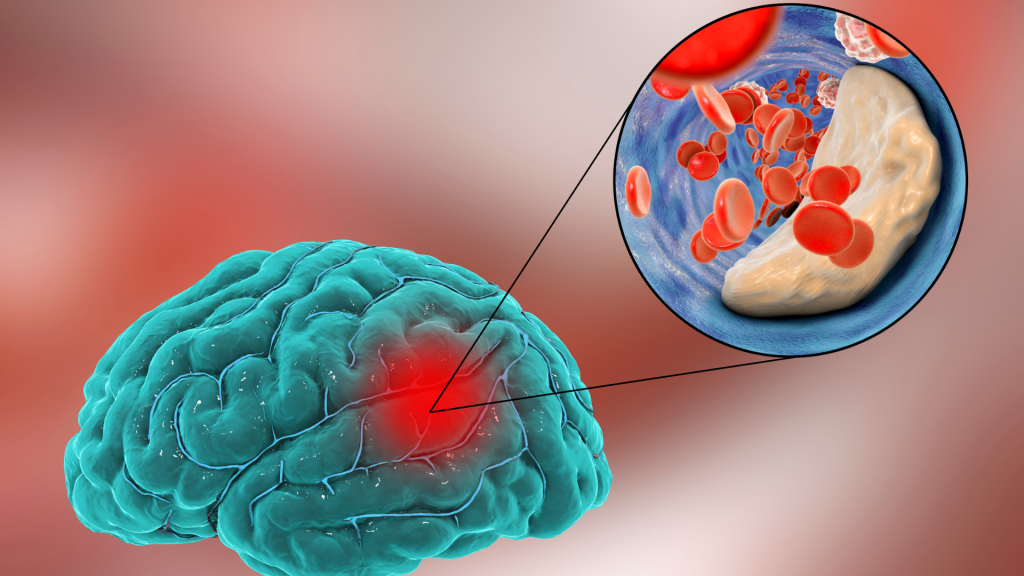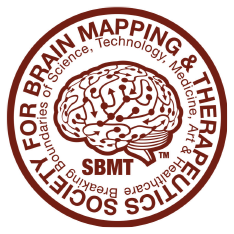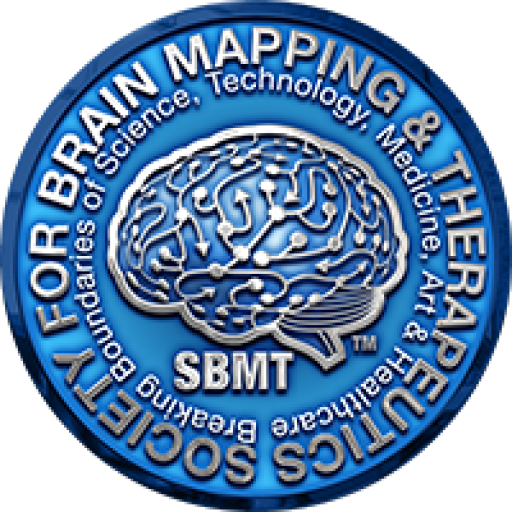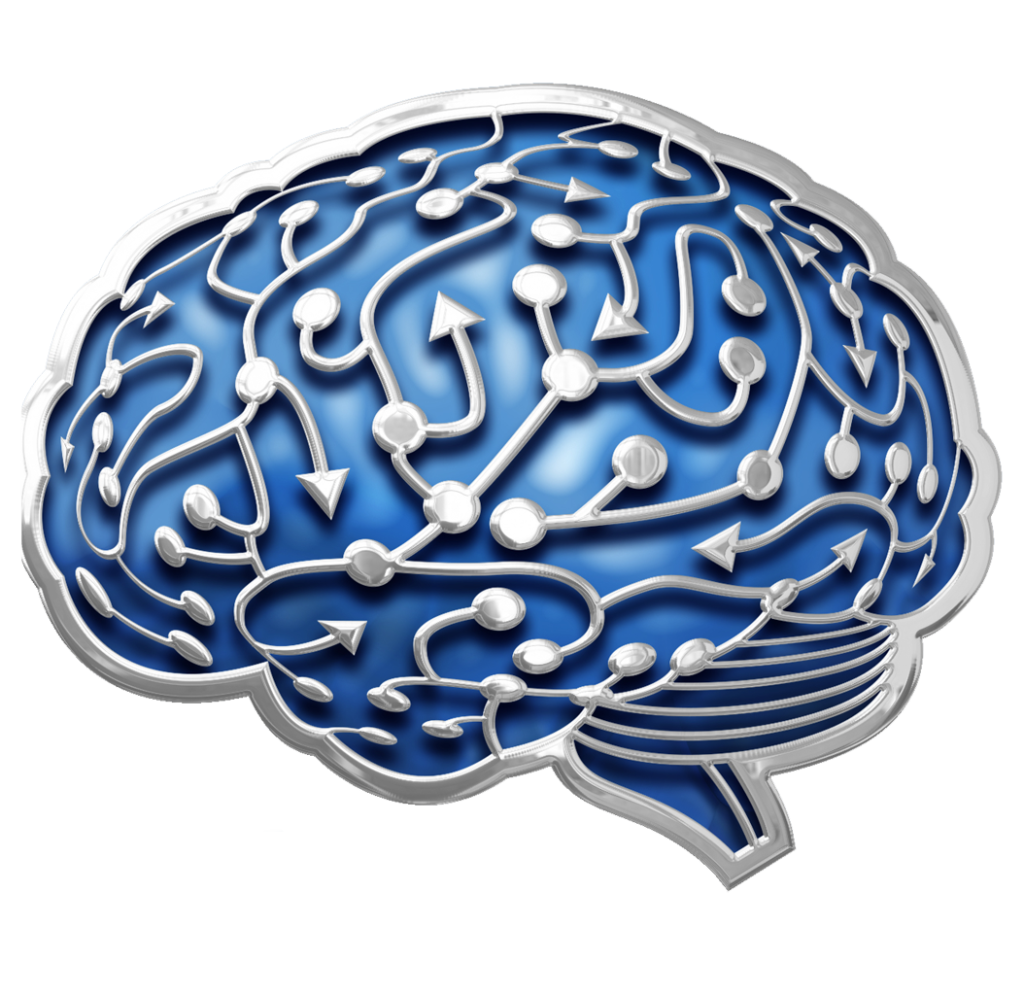
fMRI has transformed how neurological and psychiatric conditions are diagnosed and treated. By measuring dynamic brain activity, it provides detailed insights into functional and structural abnormalities, enabling clinicians to tailor treatments to individual patients.
Neurological Diagnosis
- Stroke: Identifies affected brain areas and tracks recovery progress.
- Epilepsy: Pinpoints seizure foci for surgical interventions.
Psychiatric Disorders
- Depression: Detects altered connectivity in the Default Mode Network (DMN).
- Schizophrenia: Highlights abnormal patterns of connectivity and activity.
Real-World Example:
Language Preservation in Brain Surgery:
- A patient with a brain tumor underwent pre-surgical fMRI to map language areas. This allowed surgeons to avoid critical regions, preserving the patient’s ability to speak post-surgery. Source: Journal of Neurosurgery.




